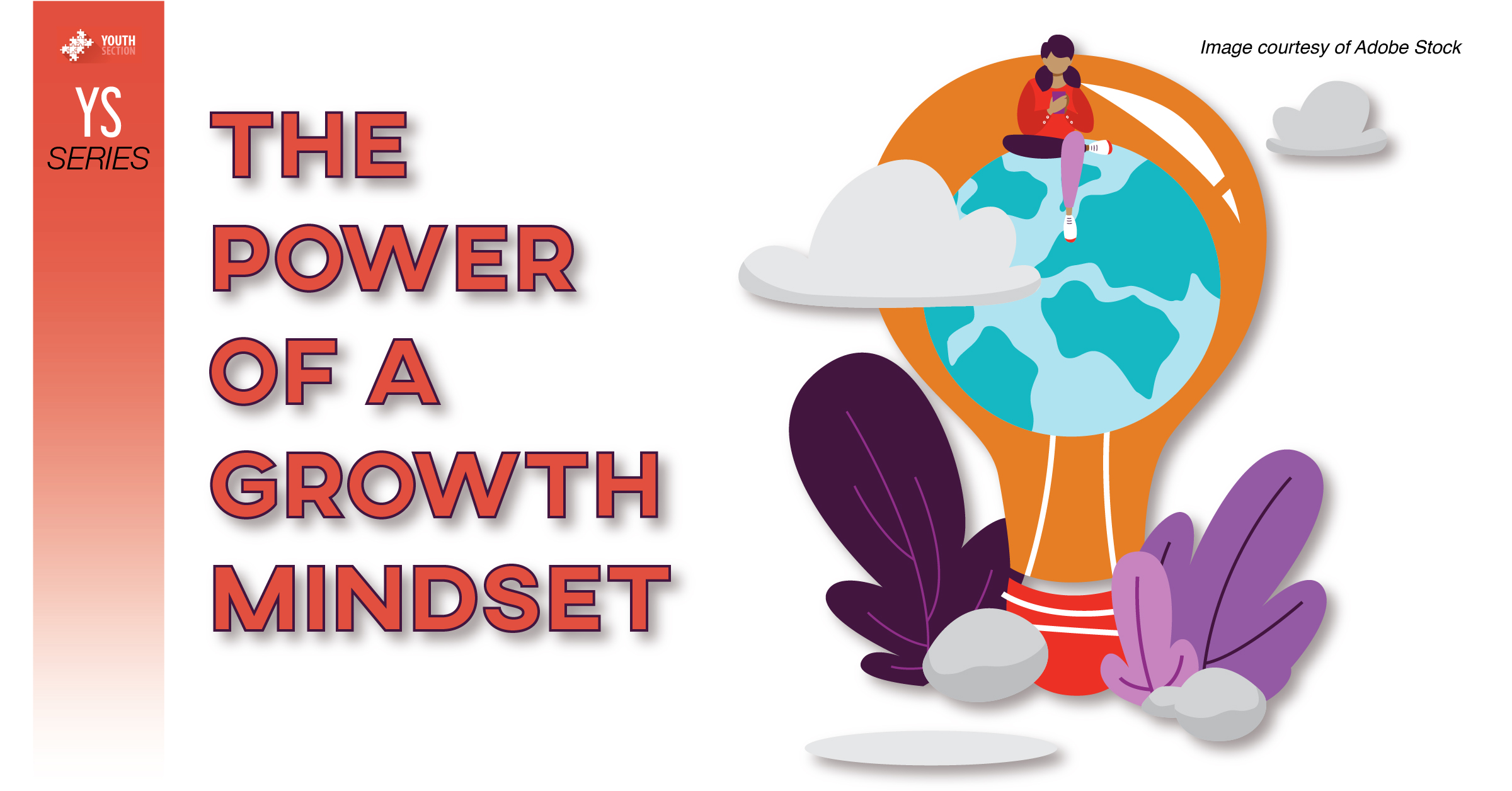The place where dreams come true and adventure lines every street: Disneyland. In this small world, the magical kingdom graciously sits and attracts millions of people annually. Its beauty veils the fact that this palace in Anaheim wasn’t a success from the start. Walt Disney, the creator, faced many challenges and setbacks as people called him a “failure.” When these challenges confronted him, he could’ve easily given up, but instead he chose to keep going. He chose to pursue his dream and his legacy today brightens up the lives of families all across the United States. Although Walt Disney is known for his creations, he is also one of the greatest figures that displayed a growth mindset. Just like a growth mindset changed Walt Disney’s life, it also has the power to change ours.

In society today, there are two types of mindsets that we commonly see: a fixed mindset and a growth mindset. Carol Dweck, Stanford University’s talented researcher and professor, asserts that a fixed mindset constricts people into thinking that their internal and external qualities are stuck in stone and cannot be changed. In other words, these individuals believe that they are inherently good or bad at a task; therefore, failure is interpreted as a reflection of themselves rather than an opportunity for growth. Let’s look at a basic example. A person with a fixed mindset would say: “She’s a natural born singer,” instead of applying the concept that anyone can be a good singer if they put their best to it. This small difference holds such great power. The ability to recognize that everyone has the potential to fulfill their dreams is what separates a growth mindset from a fixed one. To be fair, as human beings, it’s hard to change. But a fixed mindset is holding us back from the peaks we could reach and the dreams we could truly achieve.
Instead of talking hypothetically, I want to provide you with a recent example of how a change in mindset altered someone’s life. One girl I knew decided to take AP Chemistry her freshman year of high school and this obviously came with challenges. She wasn’t able to get the grades she wanted and displayed a fixed mindset by thinking that her fellow classmates were just talented in chemistry. This continued on for a bit of time until she finally read Carol Dweck’s novel called, Mindset: The New Psychology of Success. She realized that her mindset was holding her back, not her skills. In other words, she recognized that she had the capability to excel in AP Chemistry if she put enough effort. Once realizing this, the girl automatically began improving in AP Chemistry and was able to earn the scores she wanted. But most importantly, she learned that even if she didn’t succeed, she’d know exactly what her strengths and weaknesses were which she can implement the next time she takes a hard course. So who was this girl? I am her, and I can proudly say that the growth mindset worked wonders in my life but most importantly, it inspired me to take charge of my own actions.

With this example, we can see that the growth mindset does in fact have several positive effects on minds of today. It shows us that we can break the cycle of sadness and disappointment and instead strive for betterment. When we break this cycle, we can understand our wrongs and fix them, while also fostering a positive environment within and around ourselves. The growth mindset might seem abstract, but it is actually very simple. It is a lifestyle. It’s a lifestyle that overcomes the fixed mindset, and recognizes that failure is a stepping stone rather than a mirror. Unlocking the realms of opportunities and potential we all have available for us, the growth mindset gives us more chances to improve.
In order to achieve this growth mindset, we need to understand that change starts from within. Change is a very large concept and nobody else can change your life other than yourself. So take small steps, because eventually those pile up to great outcomes. Start small, by simply telling yourself, “I can do it,” everyday in the morning. In your daily life, try different tactics whether that means during assessments or in conversations with loved ones. But most importantly, start knowing your purpose. Here on earth, the universal purpose of mankind is to make mistakes and grow from them. So here’s your push to change your mindset, take chances, and pursue those dreams you once thought were far beyond your reach because as Jack Canfield said, “Don’t worry about failure. Worry about the chances you miss when you don’t even try.”
References:
Dweck, Carol. Mindset: The New Psychology of Success. New York: Random House, 2016.






















